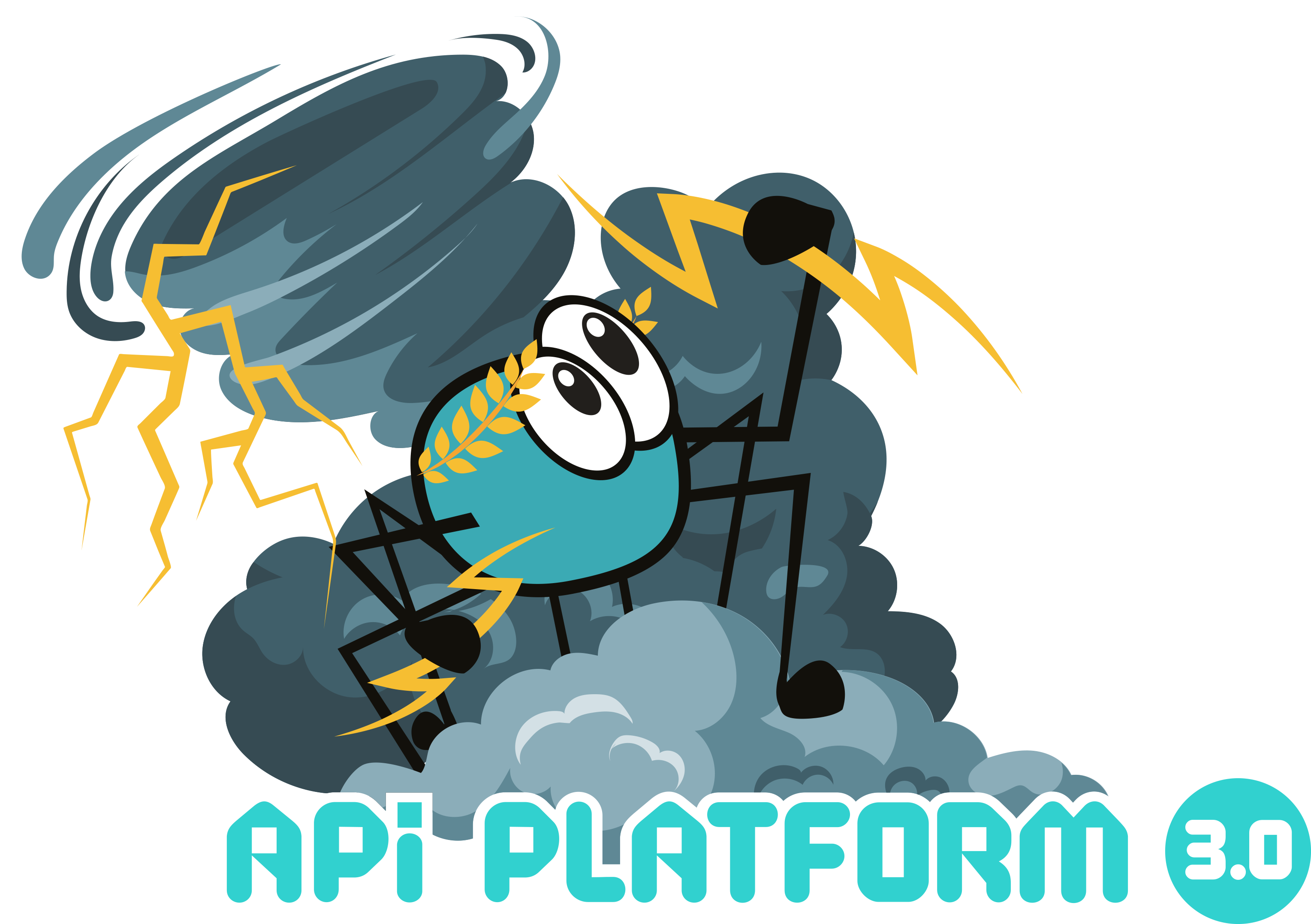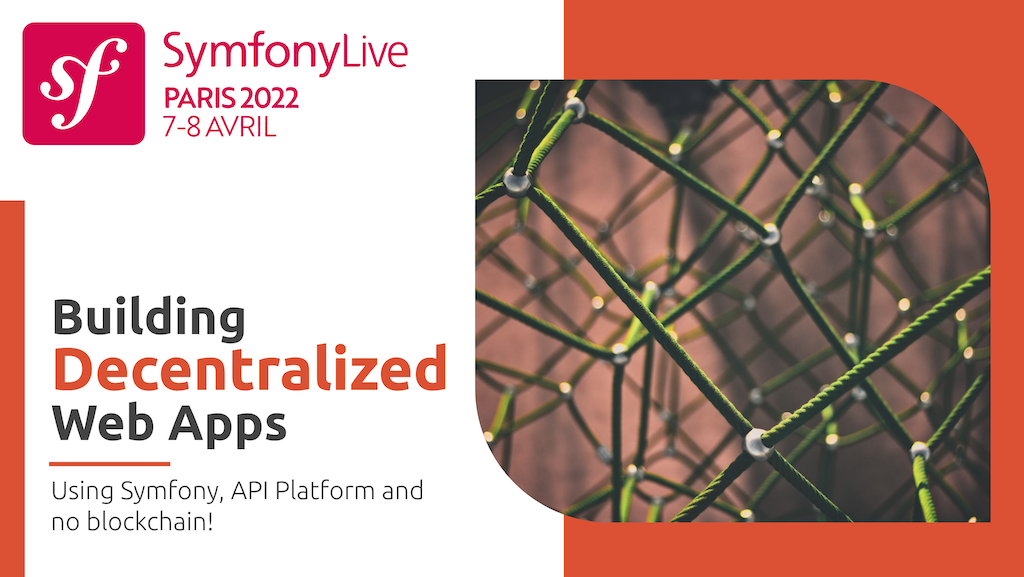Antoine Bluchet and I have just released the new major version of API Platform during the opening keynote of the API Platform Conference! As usual, API Platform 3 can be downloaded directly from our GitHub page. This version comes with many major features that are being presented at the conference. Say hello to API Platform…
Category: API Platform
Mercure 0.14: Major Performance Improvement and New Features
I’m very pleased to announce the immediate availability of the Mercure.rocks hub version 0.14. Mercure is a free and open-source solution for real-time communication. With Mercure, securely push data to all your connected users with a simple POST request. No third-party library or SDK is required: the browser (or any other type of client) receives…
Building Decentralized Web Apps with Solid and PHP
At SymfonyLive Paris, I introduced a new PHP library to build Solid applications: Solid Client PHP. In this presentation, I present the Solid protocol and how it could give back the control of their personal data to end-users. View the recording (slides in English, talk in French). This presentation is about decentralized web applications, but…


